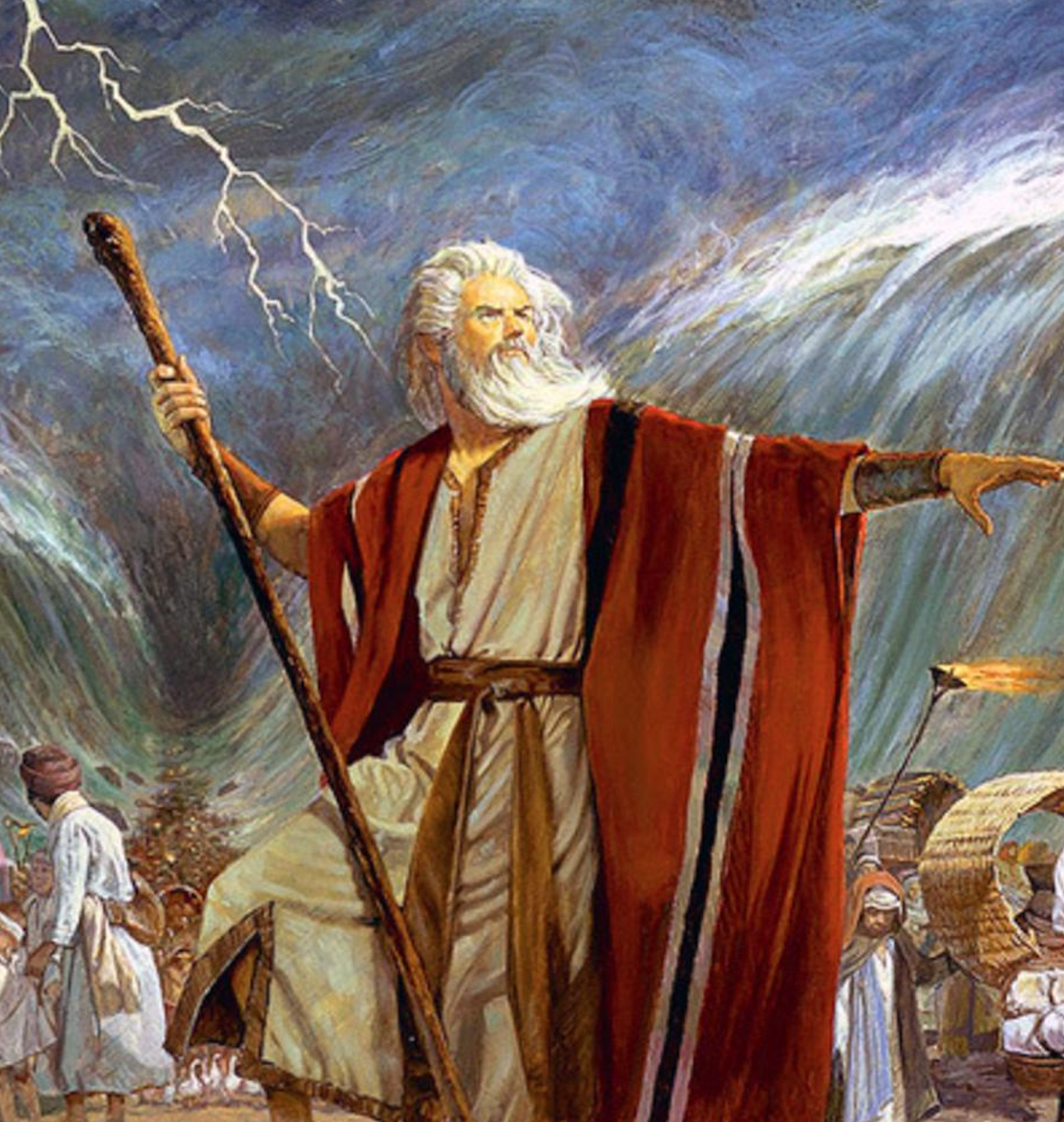Exodus

When I was at Union Theological Seminary in NYC back in the mid 60s there were two courses on the history of ancient Israel, one based on a book by William Albright, the other on a text by a German scholar, Martin Noth. The interesting thing was that they presented two quite different histories of Israel, both taught at the same time in a leading educational institution dedicated to the subject, and both were possible histories. Both took archaeological and documentary evidence into account, and came to different conclusions on various points. One subject they did agree upon, joined by the vast majority of biblical scholars since the Enlightenment: the exodus from Egypt never happened. The book of Exodus claims that there were 600,000 men in bondage, plus women and children, bringing the total to about 2 million. With such numbers, marching 6 abreast, the first to leave Egypt would be entering the Promised Land before the last even left. Not only so but archaeological evidence points to a total Egyptian population of only a million at the time. There is no record in Egypt of such a captive population, and there is no evidence of habitation along the supposed escape route. Some of us in seminary at the time changed the numbers, but kept the concept: there was an exodus, even if it was only a few hundred, and they snuck not through the Red Sea, but the Reed Sea, a swamp that chariots could not negotiate.
That interpretation seemed to keep the story intact, but it raised a new question: if the escapees were but a tiny group, where did the early Israelites come from? Most scholars today are quite confident that the tribes of Israel were Canaanites to begin with. They might have been the ruffians who inhabited the hill country, who envied the more fertile ground closer to the sea coast, and aggressively moved down from the hills. They all worshipped the god El initially, with the god Yahweh beginning to take prominence during the time of Elijah in the 9th c BCE. No one knows the origin of the Yahweh cult. Back at Union, one Old Testament professor thought that the desert wanderers acquired the god while at Mount Sinai, but with no desert wandering, that idea has been discarded.
It may be that the patriarchs -Abraham, Isaac, Jacob, Moses- actually existed and it may not. But that was never the point of the narratives. The point was and is that the Exodus is not so much an historical reality as a religious reality. It is a story that represents the bond between God and the people and the people with one another. And at bottom, that was why two different histories of Israel could be taught simultaneously in one seminary faculty.
Dr. Carl Krieg received his BA from Dartmouth College, MDiv from Union Theological Seminary in NYC, and PhD from the University of Chicago Divinity School. He is the author of What to Believe? the Questions of Christian Faith, and The Void and the Vision. As professor and pastor, Dr. Krieg has taught innumerable classes and led many discussion groups. He lives with his wife, Margaret, in Norwich, VT.
